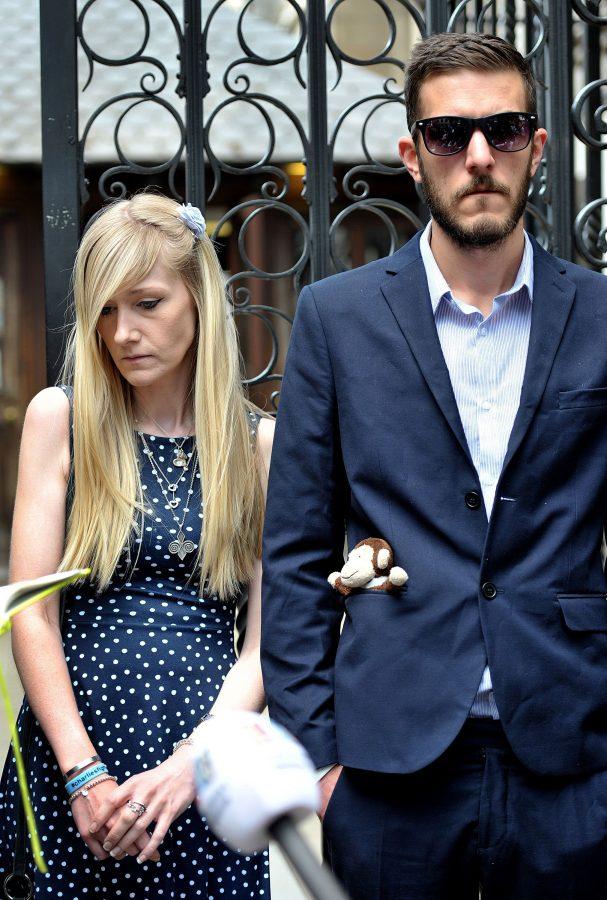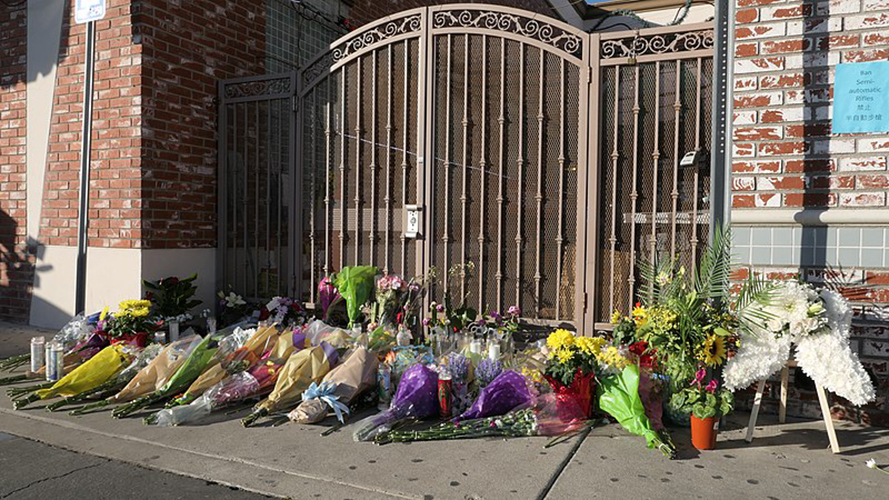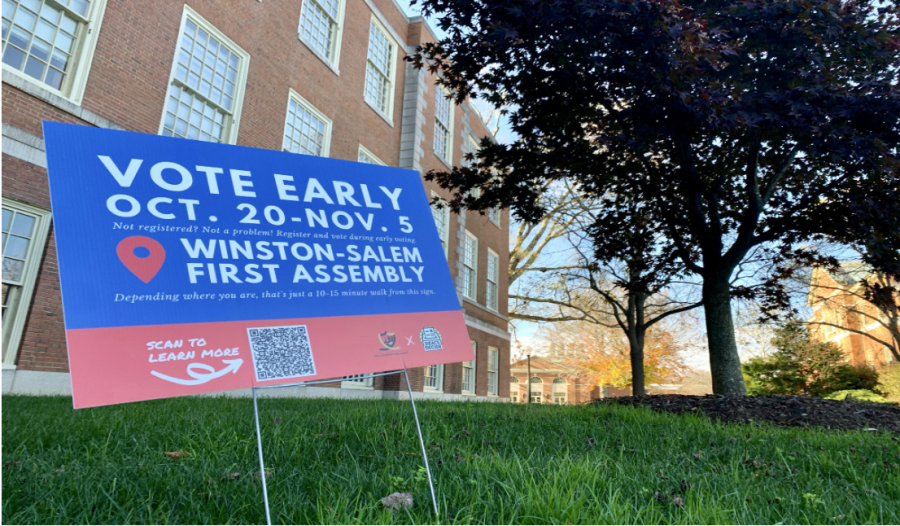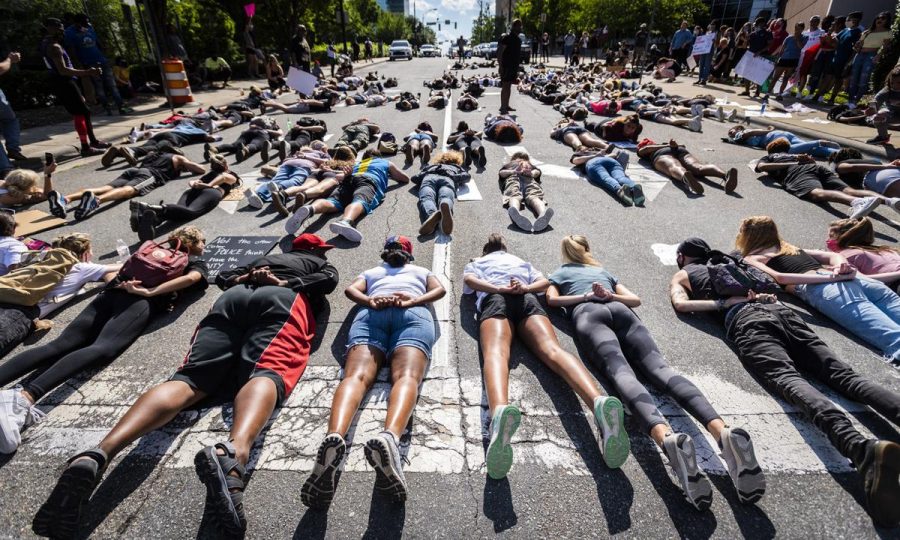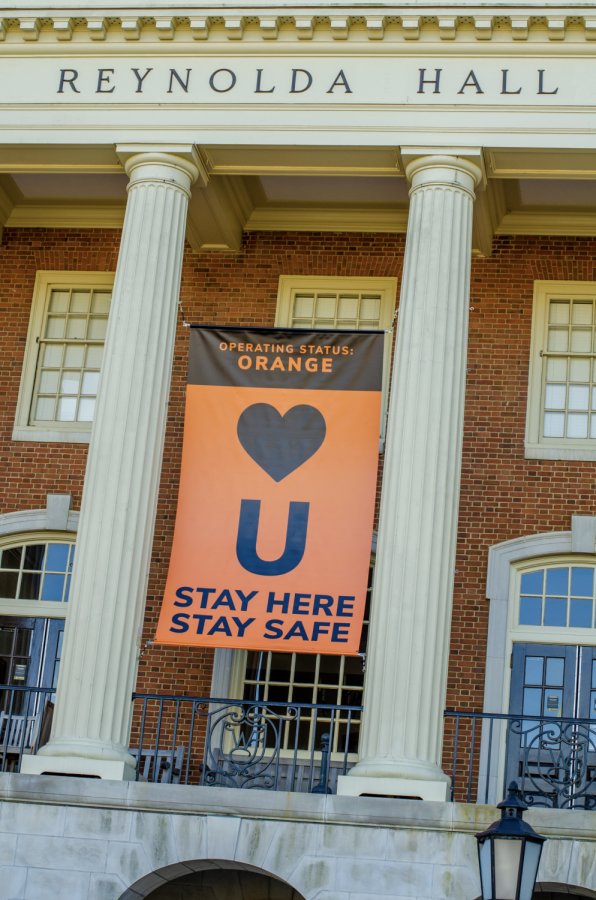On Nov. 30, the Wake Forest Center for Bioethics, Health, and Society hosted a panel discussion titled “What Can We Learn from Charlie Gard?”
This panel featured Kate Mewhinney and Chris Coughlin of the School of Law and Chris Bishop of the Wake Forest Baptist Medical Center. It was moderated by Nancy King of the Center for Bioethics, Health, and Society and Graduate Program in Bioethics.
This discussion was centered around the case of London’s Charlie Gard, which stirred controversy. Charlie was born seemingly healthy on Aug. 4, 2016, but was diagnosed with Mitochondrial DNA Depletion Syndrome (MDDS) two months into his short life. As Bishop explained, Charlie’s particular case was extremely rare because of its specific genetic mutation within the DNA of his cellular mitochondria. This disorder expressed itself by affecting the function of Charlie’s kidneys, brain and muscles. Additionally, the faultiness of his mitochondria halted cellular production of energy, which prevented oxygen from circulating throughout his body. As a result, he became paralyzed and his body became dependent on medical machines to stay alive.
Mr. and Mrs. Gard wanted to move Charlie to the United States to receive a new type of treatment they had researched online. However, the Great Ormond Street Hospital, the hospital Charlie was being treated at in London, filed a lawsuit against the family, claiming that it was in Charlie’s best interest to begin palliative treatment at home. This lawsuit was brought up to the High Court of London, and in April 2017, the Court took the hospital’s side and prohibited the Gard family from leaving the country to receive new treatment. They believed that it was in Charlie’s best interest to be taken off life support and continue his palliative treatment. As a result, he was taken off life support on July 24, and he died on July 28.
This court case became well known all around the world, once The High Court made its decision. While every country has differing laws on who decides the status of life support for a person who is unable to choose, every situation is different. It’s very difficult to make a life or death decision for a loved one. As Bishop explained, one’s internal conflict is usually centered around wanting as much time as possible with the patient, but also being aware that this means decreasing their quality of life in order to keep them alive.
Coughlin and Mewhinney brought up a term used often in these situations: futile. Futile, by definition, means “incapable of producing any useful result; pointless.” Gard’s situation, as the panelists explained, became futile because transferring him across the ocean to give him new treatment would ultimately cause more suffering considering how grave his disease was. However, this doesn’t change the fact that his parents had already made the decision that they wanted to keep their son alive. This court case brought up many ethical questions that can be discussed by doctors and non-medical people alike. Some points that were brought up at the panel included the role the government and court should play in making decisions for a family and how much authority parents or family members should be given when the patient is not capable of making a decision themselves.



